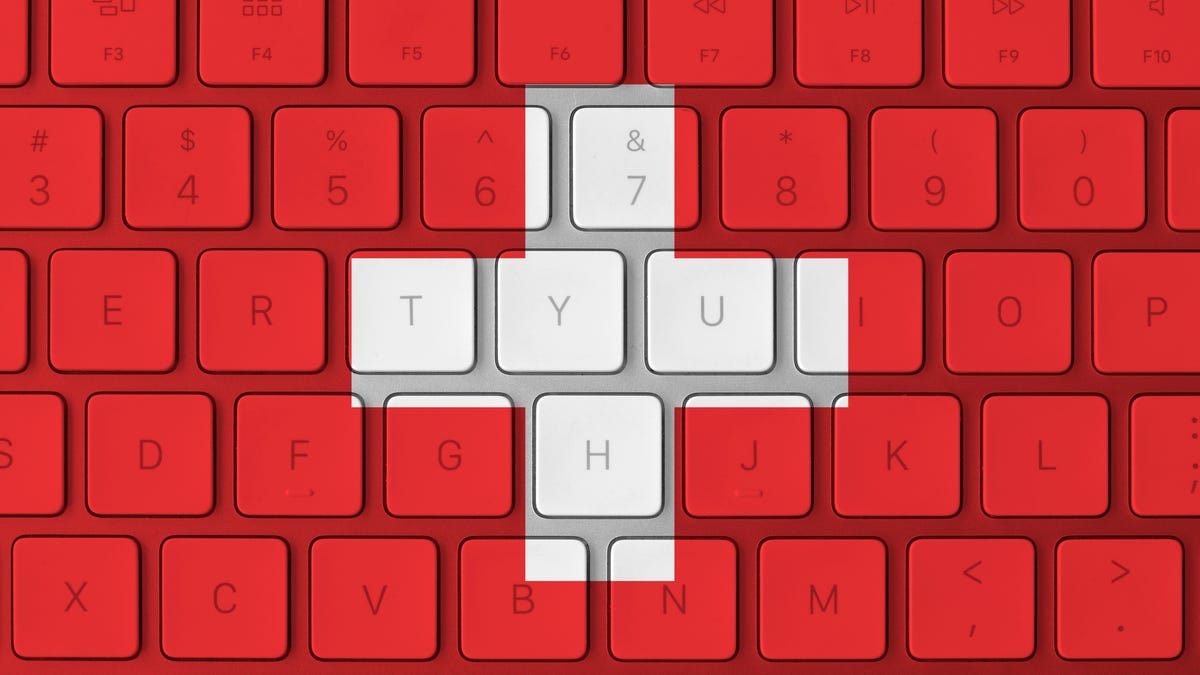- cross-posted to:
- technology@lemmy.zip
- cross-posted to:
- technology@lemmy.zip
Americans really trusting the most sensitive information on advertisement machines built to be obsolete in a few years. I’ve read stories of supposed security clearance employees having to spend weeks/months modifying Microsoft products to meet their security standards since they’re not given the source code and they don’t even trust the “debloated” government versions
i'm surprised entire governments run and trust code they don't actually know what its doing in the first place, and is possibly coming from another country.
News stories such as these are helpful to the free software movement since they provide a very renewed sense of mainstream legitimacy to the project. I wouldn't be surprised if this becomes a very common occurrence later down the line as the feature ceiling for proprietary apps shit the bed with "AI" grifting and SaaSS subscription models while libre apps slowly catch up.
In the GIS space, open source is leagues ahead of the alternatives in terms of extensibility, usability, and stability.
ESRI still maintains a pretty large stranglehold on the industry and their software is still the easiest to use in terms of UI and such, but they've totally dropped the ball in terms of scripting and maintaining easy to use developer tools. Opting to keep as much of that internal as possible and make government and companies reliant on their incredibly expensive (and buggy) solutions.
Meanwhile, Geopandas, QGIS, and postgis, even DuckDB spatial are running circles around their development tools. 10x faster, 100x easier to write, and built in a way where the whole tool chain is open and never ducks into a compiled and encrypted binary for licensing checks and black box calculations.




